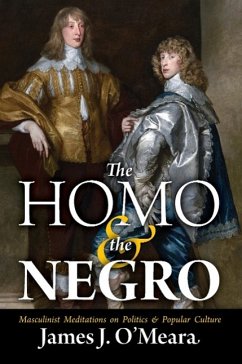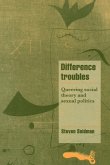In April 1987 Joseph C. Steffan, one of the ten highest ranking midshipmen in his class at the U.S. Naval Academy, and only six weeks from graduation, was denied his diploma and forced to resign his commission because he answered "Yes, sir" to the question, "I'd like your word, are you a homosexual?" Six years later his cause, and that of other gay men and lesbians seeking to serve their country by enlistment in the military, has become the subject of intense national controversy. This unusual and innovative work, based on the litigation strategy and court papers filed in the case of Joseph C. Steffan v. Richard Cheney, Secretary of Defense, et al., brings the resources of clinical psychiatry, clinical and social psychology, cultural history and political science to bear upon the fundamental questions at issue: How is sexual orientation determined? How and why have socially prejudiced stereotypes about male and female homosexuals developed? Why have gays faced special obstacles in defending themselves against discrimination? How much political power do gays have? Marc Wolinsky and Kenneth Sherrill argue that gays constitute a politically powerless class that has been unjustly deprived of its constitutional right to equal protection under the law. They have collected here the affidavits filed on behalf of Joseph Steffan in his suit against the United States government, together with the counter-arguments of the Department of Defense and the extraordinary opinion of the U.S. District Court for the District of Columbia. Whatever the outcome of the case, presently on appeal to the United States Court of Appeals for the District of Columbia Circuit, this book will stand as a lasting and indispensable guide to the sources of sexual discrimination.
Hinweis: Dieser Artikel kann nur an eine deutsche Lieferadresse ausgeliefert werden.
Hinweis: Dieser Artikel kann nur an eine deutsche Lieferadresse ausgeliefert werden.








